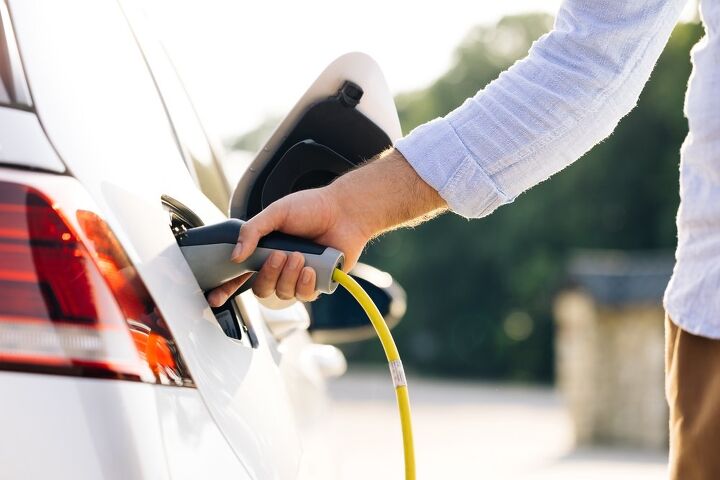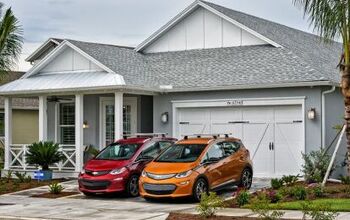Are Electric Cars Really Helping the Environment?
A recent study by the Keck School of Medicine of USC provides new insights into the potential benefits of electric vehicle (EV) adoption. The research, published in the Science of the Total Environment journal, presents the first real-world data linking EVs to reductions in air pollution and respiratory issues. This study marks a significant step in understanding the impact of electric cars on public health and the environment.
Understanding the Impact: Research Methodology
The researchers used multiple data sources to conduct their analysis. They gathered information on the total number of zero-emission vehicles (ZEVs), which include battery electric, plug-in hybrid, and hydrogen fuel cell cars, from the California Department of Motor Vehicles. The team also analyzed air pollution levels, focusing on nitrogen dioxide (NO2), and the rates of asthma-related emergency room visits across various California zip codes from 2013 to 2019.
Findings: Reduced Pollution and Health Risks
The results revealed a clear pattern: As the adoption of ZEVs increased within a zip code, there was a notable decline in local air pollution and asthma-related emergency room visits. Specifically, for every additional 20 ZEVs per 1,000 people, there was a 3.2 percent reduction in the rate of asthma-related emergency visits. Furthermore, the study showed a modest decrease in NO2 levels, a pollutant closely linked to traffic emissions.
Socioeconomic Disparities in ZEV Adoption
However, the study uncovered an adoption gap in ZEVs, with slower uptake in lower-resource areas. This gap highlights a need for policies that promote equitable access to clean transportation, particularly in communities disproportionately affected by pollution and related health issues.
Future Research and Broader Implications
While the study's findings are promising, the researchers acknowledge that more investigation is needed. Future research should explore additional pollutants, other vehicle classes, and broader environmental impacts of ZEVs, including the emissions from their production and disposal.
Conclusion
The study by the Keck School of Medicine of USC offers another case for the adoption of electric vehicles, not just for environmental reasons but also for public health benefits. It underscores the importance of considering local actions in the global fight against climate change and highlights the potential for significant health improvements through technological advancements in transportation.
This article was co-written using AI and was then heavily edited and optimized by our editorial team.
More by TTAC Staff
Latest Car Reviews
Read moreLatest Product Reviews
Read moreRecent Comments
- ChristianWimmer Great first car for someone’s teenage daughter.
- SCE to AUX Imagine the challenge of trying to sell the Ariya or the tired Leaf.
- Offbeat Oddity I would have to test them out, but the Corolla might actually have a slight edge. I'd prefer the 2.0 in both cars, but to get one in a Civic with a decent amount of equipment, I'd be stuck with the Sport where the fuel economy suffers vs. the Corolla. If the Civic EX had a 2.0, it would be a much tougher decision.
- User get rid of the four cylinders, technology is so advanced that a four litre V8 is possible.. and plausible.. cadillac had a serious problem detuning v8s in the past, now theyre over-revving the fours and it sounds horrible.. get rid of the bosses and put the engineers in the front seat..
- BOF Not difficult: full-size body-on-frame sedan, V8, RWD, floaty land yachts. Unabashed comfort and presence. Big FWD Eldo too. While I’m at it, fix Buick much the same way just a little less ostentatious and include a large wagon w/3rd row.


































Comments
Join the conversation